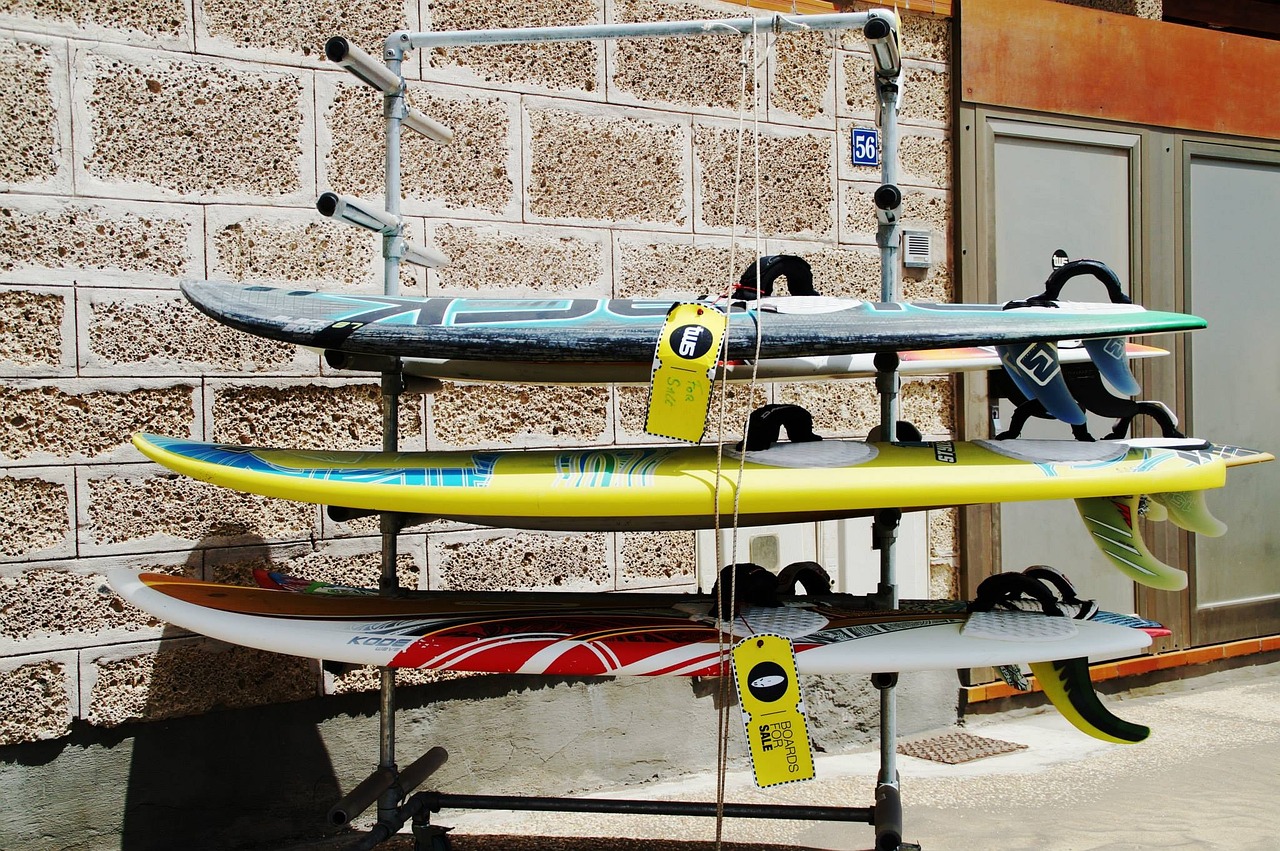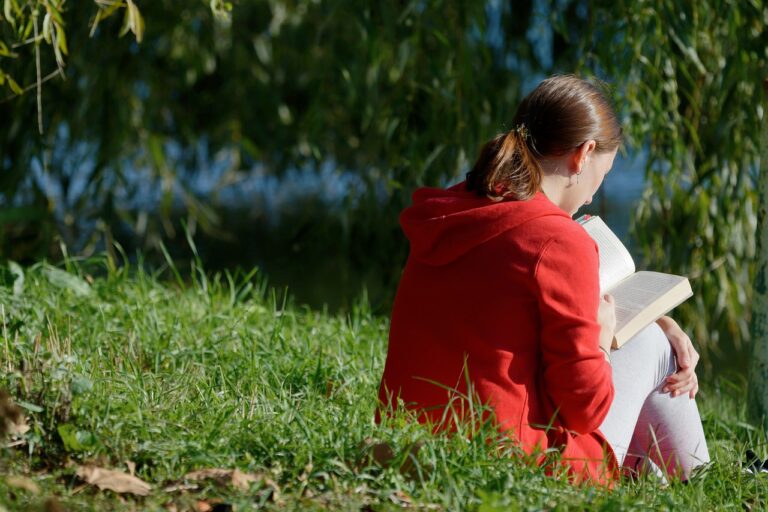The Impact of Education on Sustainable Conservation Practices
The foundation of sustainable conservation practices lies in education. By imparting knowledge about the environment and the importance of preserving it to the younger generations, we ensure that they understand the value of conservation from an early age. This understanding is crucial in fostering a culture of environmental stewardship that can be carried on for generations to come.
Through education, individuals gain the necessary skills and awareness to make informed decisions that positively impact the environment. By integrating conservation practices into various educational curriculums, we equip students with the tools they need to become responsible citizens who prioritize sustainability and conservation efforts in their daily lives. Education serves as the key driver that propels us towards a future where conservation is not just a choice but a way of life.
Understanding the Importance of Environmental Education
Environmental education plays a crucial role in raising awareness about the pressing issues our planet is facing today. It helps individuals understand the intricate connections between human actions and the health of the environment. By providing knowledge about ecosystems, biodiversity, and sustainable practices, environmental education empowers people to make informed decisions that can positively impact the planet.
Moreover, environmental education instills a sense of responsibility and stewardship towards the environment in individuals from a young age. By teaching concepts such as conservation, recycling, and reducing waste, it encourages people to take actions that contribute towards a more sustainable future. Through environmental education, individuals learn to appreciate and respect the natural world, fostering a mindset of care and preservation for the environment.
Incorporating Conservation Education in School Curriculum
Conservation education plays a vital role in shaping the mindset of the younger generation towards sustainable practices. By incorporating environmental studies into the school curriculum, students are given the opportunity to develop a deeper understanding of the importance of biodiversity and ecosystem preservation. This early exposure not only instills a sense of responsibility towards the environment but also encourages students to actively participate in conservation efforts.
Integrating conservation education into the school curriculum helps students connect theoretical knowledge with practical applications. Through hands-on activities, field trips, and interactive learning experiences, students can witness firsthand the impact of human actions on the environment. By equipping students with the necessary knowledge and skills to address environmental challenges, schools play a crucial role in fostering a generation of environmentally conscious individuals who are capable of making informed decisions for a sustainable future.
Why is education considered a key driver for sustainable conservation practices?
Education plays a crucial role in raising awareness about environmental issues and promoting sustainable behaviors that can help protect and preserve our natural resources for future generations.
What is the importance of environmental education?
Environmental education helps individuals understand the interconnectedness of all living things and the impact of human actions on the environment. It empowers people to make informed decisions and take action to protect the planet.
How can conservation education be incorporated into school curriculum?
Conservation education can be integrated into various subjects such as science, geography, and social studies. Schools can include lessons, projects, field trips, and hands-on activities that focus on environmental conservation and sustainability.
What are the benefits of incorporating conservation education in school curriculum?
By including conservation education in the curriculum, students can develop a sense of responsibility towards the environment, learn practical skills for sustainable living, and become advocates for conservation efforts in their communities.







